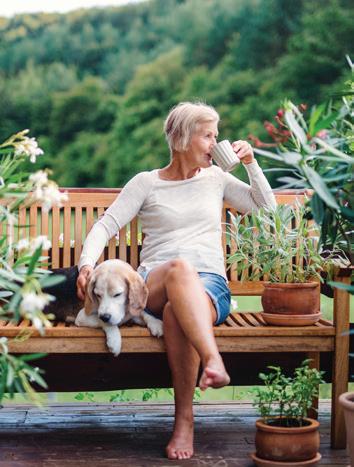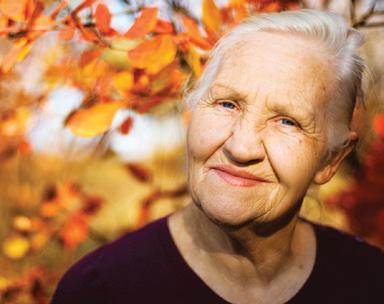Retirement Living Options
Top retirement living FAQs Chances are, any questions that you have about retirement living have already been asked before. Here are some of the most frequently asked questions that might help you make your mind up about moving into a retirement community. Q. When is the right time to make a move into a retirement village? A. Only you can decide when the time is right to move into a retirement village. Most people choose to move once they have retired and want to downsize the family home because it’s becoming too much to maintain. Retirement villages are specifically designed to meet the accommodation, social and recreational needs of over 55s.
Q. Do I have to be retired to move into a retirement village? A. Retirement communities are generally designed for people over the age of 55 but you don’t have to be retired to move in. Most people will have retired from full time employment although some may still be working part time or have taken on a volunteering role after retiring from the workforce.
Q. Can we have guests stay with us? A. Generally you are more than welcome to have family and friends stay over. However depending on the length of their stay, you may be required to obtain written approval from the Village Manager. This is to ensure the safety and security of all residents. You should ask the Sales Consultant or Village Manager for the rules relating to the village of your choice.
78
Your Retirement Living – 8th edition
Q. What sort of ownership rights will I have?
Q. What if I change my mind after I move in?
A. Tenure is the term used to describe the different legal basis for the various forms of occupation or ownership rights used in the industry. All forms of tenure are controlled by specific legislation to ensure your right to occupy is secure. Different villages use different legal forms of tenure. In many cases you will enter into a lifelong lease, which gives you security as if you had a title.
A. In some regions, legislation recognises that this may happen and allows a period of 90 days, called the Settling-In Period, for you to change your mind. You do need to be aware that some charges may apply. While this does not happen often, the village will understand that circumstances do change and endeavour to work with you to fully explore other options. This way you have the chance to make an informed decision in the first place.
Q. How do people secure or purchase a unit, apartment or villa? A. Effectively you purchase a guaranteed right to occupy the home for as long as you need. It means that there are no individual titles for individual homes. A deposit is required to secure your choice. The Sales Consultant or the Village Manager will discuss with you, the details of the deposit, how it is appropriately held and how it is refunded. Most villages generally allow up to three months for you to sell you own property. This should be sufficient time to market your property and they will keep in communication with you during this time to discuss any matters as they might arise.
Q. Will I own my villa in a retirement village? A. Specific legislation in each State and Territory protects your right to occupy your home. Different villages use different legal forms of tenure such as strata title ownership, leasehold estates, licenses to occupy or company share arrangements with related residency entitlements.
Q. Will I have access to aged care if I need it? A. Some villages have an aged care facility attached or connected to it while others offer ongoing personal care and home help services to residents in their own private unit on a fee-for-service basis. You can also access funded home care services if you pass an aged care assessment test – more information is available at the My Aged Care website.
































